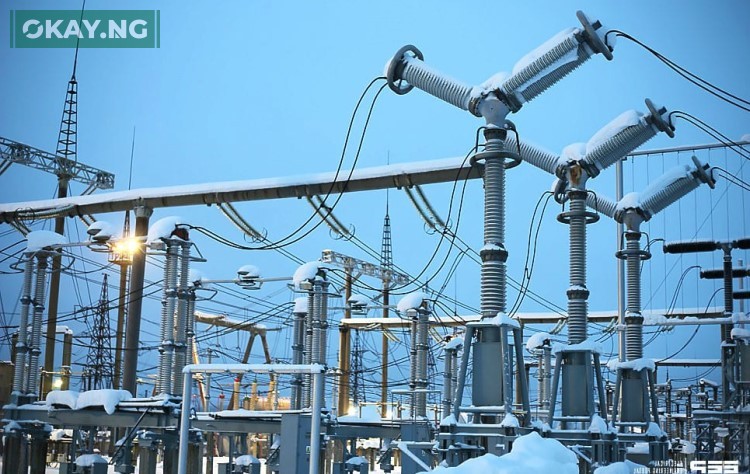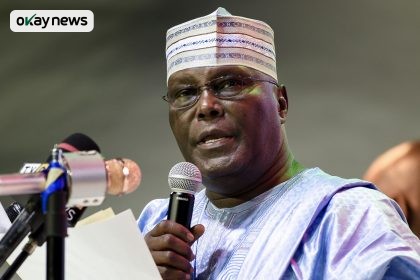Following a decisive action by the Enugu Electricity Regulatory Commission (EERC) to lower electricity tariffs for Band A customers from N209 to N160 per kilowatt-hour, effective August 1, 2025, increasing numbers of Nigerian states are signaling their intent to reduce power costs within their jurisdictions. This move, which came after EERC’s issuance of a tariff order to MainPower Electricity Distribution Limited, aims to ease the financial burden on consumers but has ignited sharp opposition from power generation and distribution companies. The companies warn that slashing tariffs without adequate fiscal backing threatens to destabilize the already fragile electricity sector.
The Generation Companies Association, led by CEO Joy Ogaji, expressed serious reservations, emphasizing that the sector grapples with over N5 trillion in debt owed to power producers and that such tariff cuts based on unverified subsidy claims could worsen the financial quagmire. Ogaji underscored the absence of federal subsidy policies in reality, terming federal government support as mere debt accumulation, leaving a significant gap in recovering costs essential to power infrastructure upkeep and development.
Amid this controversy, Enugu State has remained firm on its decision, asserting that the tariff reduction followed an extensive, data-driven regulatory review process. Chairman of EERC, Chijioke Okonkwo, detailed the comprehensive methodology employed, highlighting that the revised tariff factors in inflation, capital expenditures, and a federal subsidy on generation costs — which currently allows the consumer-friendly rate.
Parallel to Enugu’s initiative, other states—including Ondo, Plateau, and Lagos—are assessing or planning similar tariff reforms. Lagos, accounting for half of the country’s electricity consumption, approaches the matter with caution, given its scale and security considerations. Ekiti State, meanwhile, maintains adherence to national tariff structures for now.
Electricity distribution companies (Discos) have pleaded for any state intending tariff cuts to assume responsibility for covering resultant revenue shortfalls, cautioning against transferring the burden to the federal government, which itself owes billions. The discord underscores tension amid ongoing decentralization efforts under the Electricity Act 2023, which grants seven states independent regulatory powers over their electricity markets.
Stakeholders and experts are closely monitoring the unfolding dynamics, debating sustainability and investor confidence amid these state-led tariff interventions.
As okay.ng reports, the sector’s future may hinge on clear policies balancing affordability for consumers with the viability and investment appeal of electricity services nationwide.







